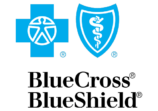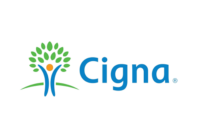FAQs
1. What are some early signs of addiction that I should look out for?
Look for changes in behavior, such as increased isolation, neglect of responsibilities, and a focus on obtaining and using the substance. Physical signs can include weight loss, changes in sleep patterns, and unexplained health issues.
2. How can addiction be effectively treated?
Treatment typically involves a combination of detoxification, behavioral therapies, counseling, and support groups. Medication-assisted treatment (MAT) may be used in some cases to manage withdrawal symptoms and reduce cravings.
3. Is it possible to recover from addiction on my own?
While some individuals attempt to quit on their own, professional treatment and support increase the chances of long-term recovery. Addiction often requires structured programs that provide medical and psychological assistance.
4. Why do people relapse after treatment?
Relapse can occur due to triggers such as stress, exposure to environments associated with past use, or a lack of coping mechanisms. Relapse is a part of many recovery journeys and indicates the need for continued treatment and support.
5. What support is available for families of those struggling with addiction?
Families can benefit from support groups designed for loved ones, such as Al-Anon or Nar-Anon. These programs provide guidance on how to support the individual while also focusing on self-care and managing stress.
Understanding addiction's stages is essential for taking informed action. Reach out now and reclaim control—recovery is within reach.










